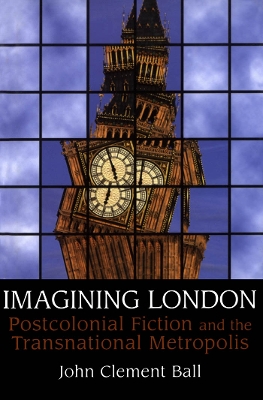London was once the hub of an empire on which 'the sun never set.' After the second world war, as Britain withdrew from most of its colonies, the city that once possessed the world began to contain a diasporic world that was increasingly taking possession of it. Drawing on postcolonial theories - as well as interdisciplinary perspectives from cultural geography, urban theory, history, and sociology - Imagining London examines representations of the English metropolis in Canadian, West Indian, South Asian, and second-generation 'black British' novels written in the last half of the twentieth century. It analyzes the diverse ways in which London is experienced and portrayed as a transnational space by Commonwealth expatriates and migrants. As the former 'heart of empire' and a contemporary 'world city,' London metonymically represents the British Empire in two distinct ways. In the early years of decolonization, it is a primarily white city that symbolizes imperial power and history.
Over time, as migrants from former colonies have 'reinvaded the centre' and changed its demographic and cultural constitution, it has come to represent empire geographically and spatially as a global microcosm. John Clement Ball examines the work of more than twenty writers, including established authors such as Robertson Davies, Mordecai Richler, Jean Rhys, Sam Selvon, V.S. Naipaul, Anita Desai, and Salman Rushdie, and newer voices such as Catherine Bush, David Dabydeen, Amitav Ghosh, Hanif Kureishi, and Zadie Smith.
- ISBN13 9781442676015
- Publish Date 1 January 2004
- Publish Status Active
- Publish Country CA
- Imprint University of Toronto Press
- Format eBook
- Pages 265
- Language English
- URL http://degruyter.com/search?f_0=isbnissn&q_0=9781442676015&searchTitles=true
